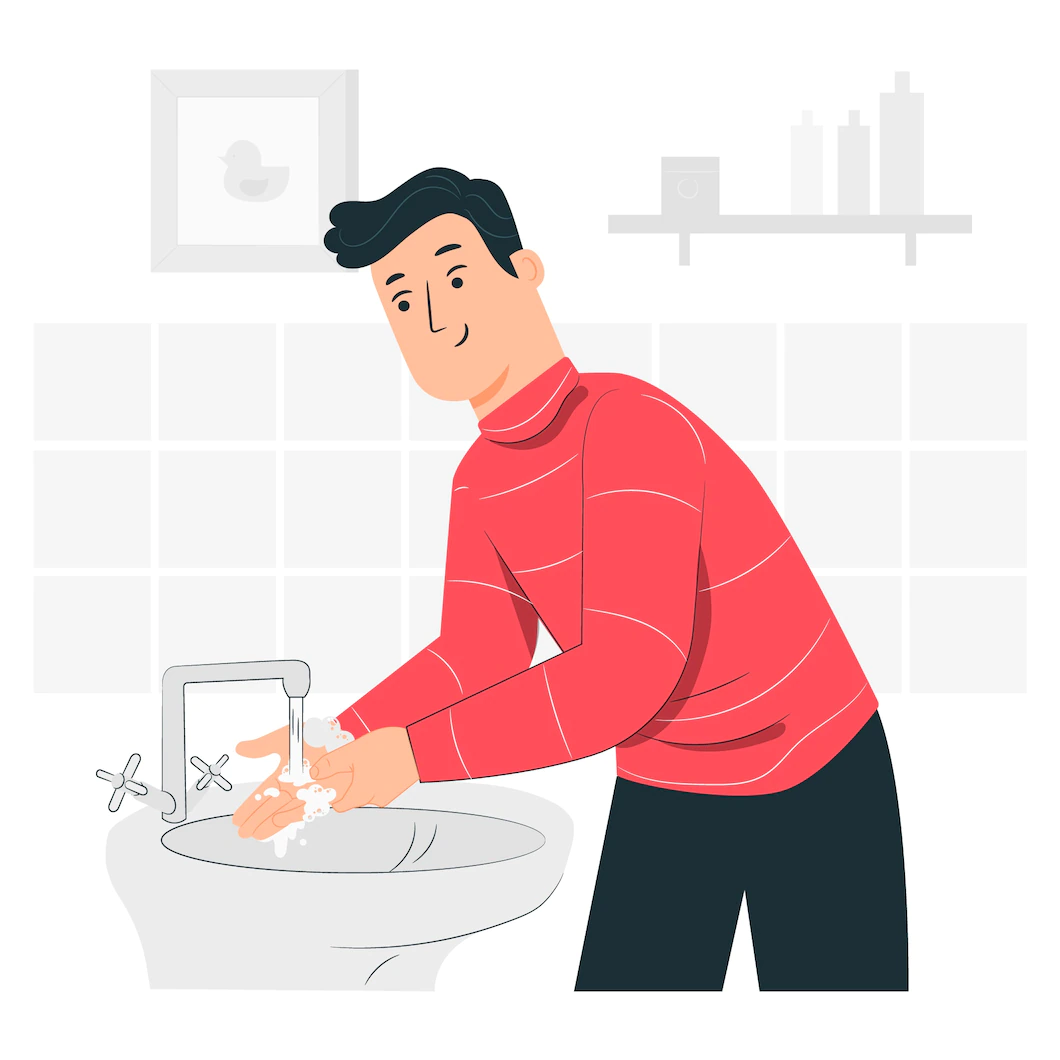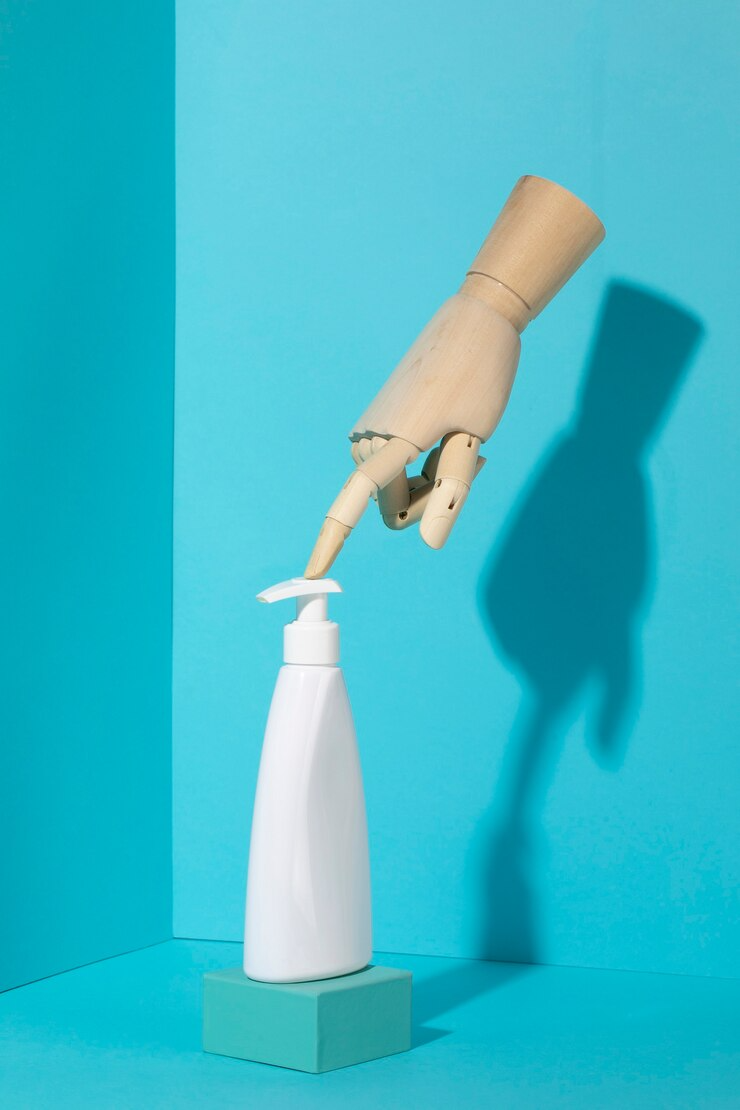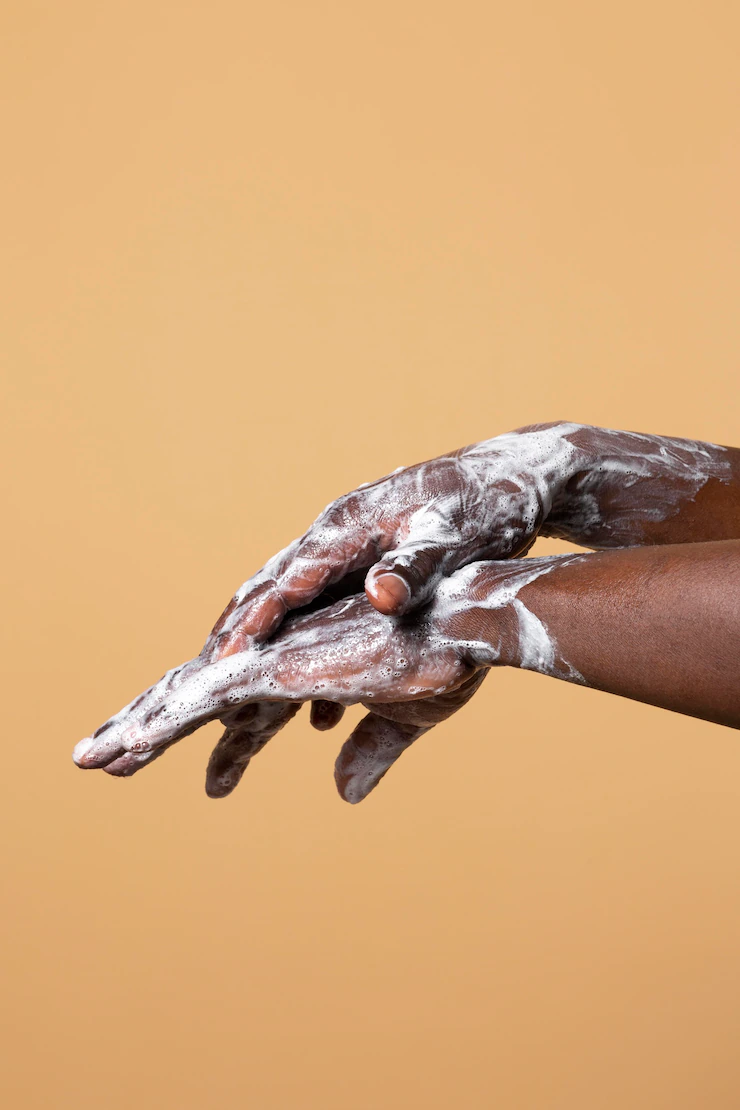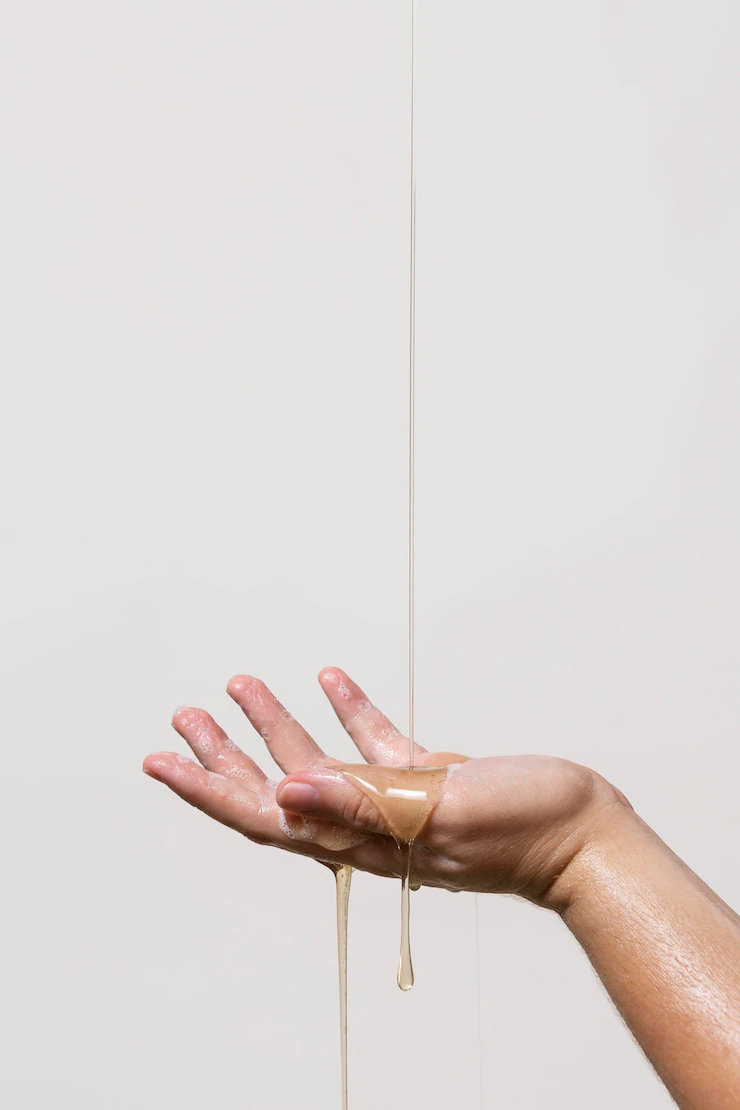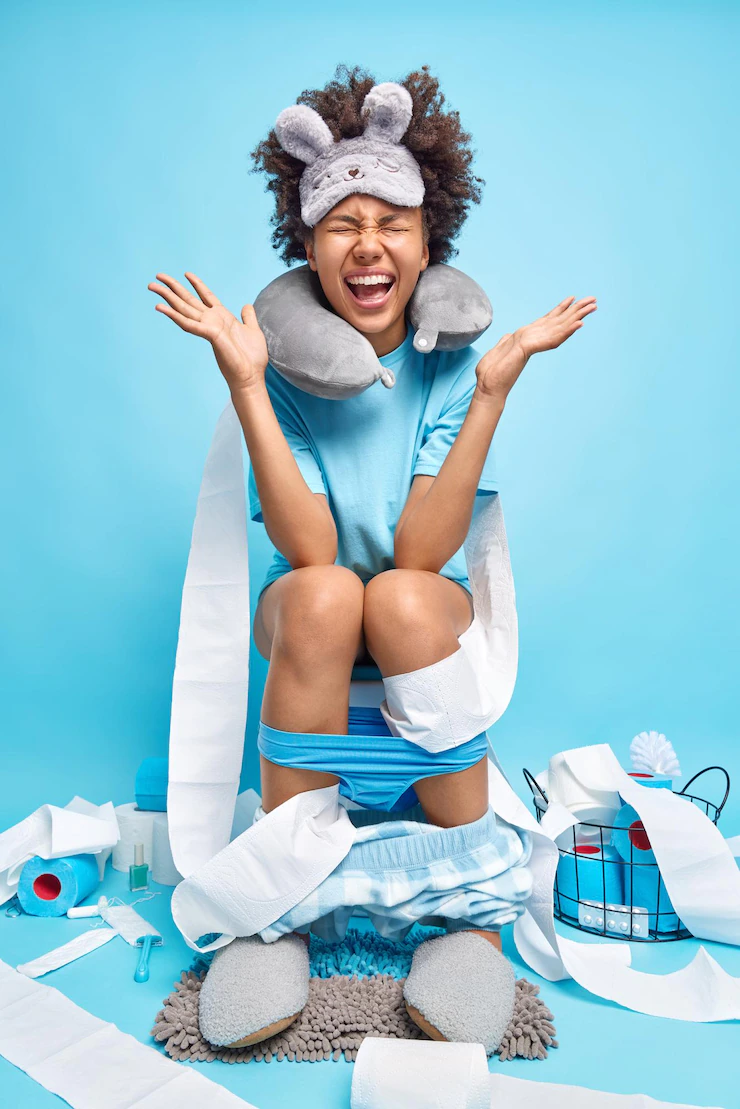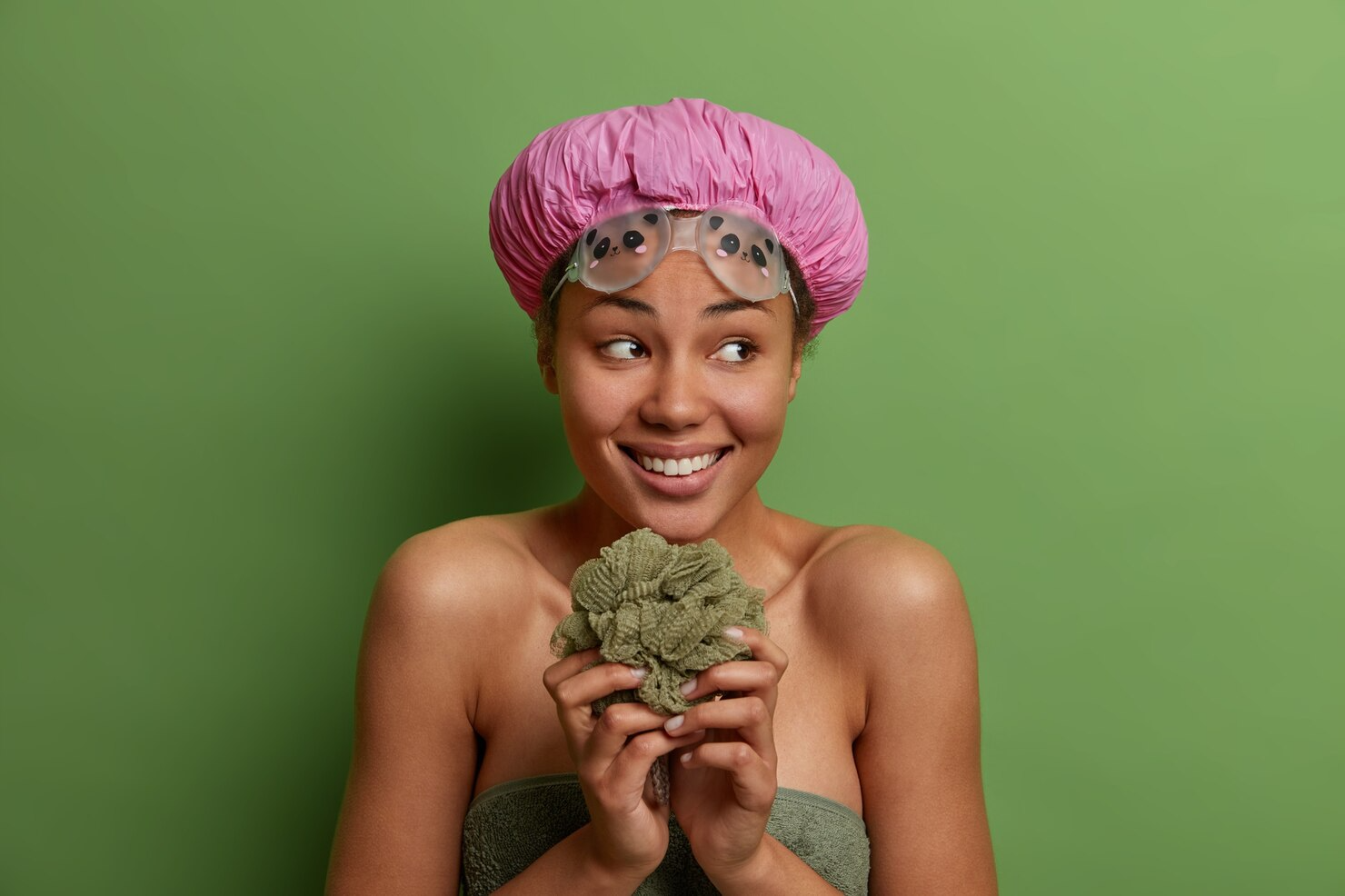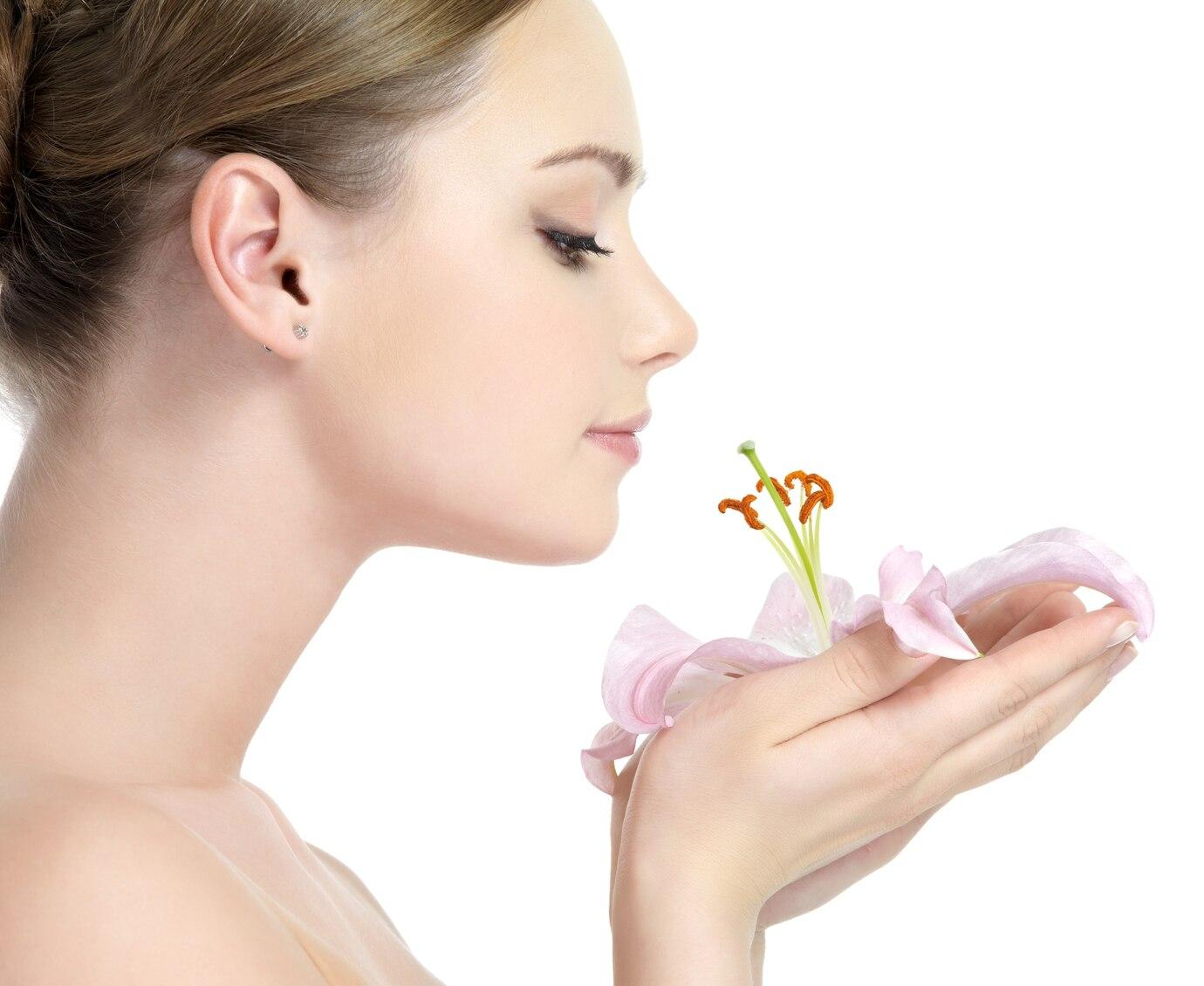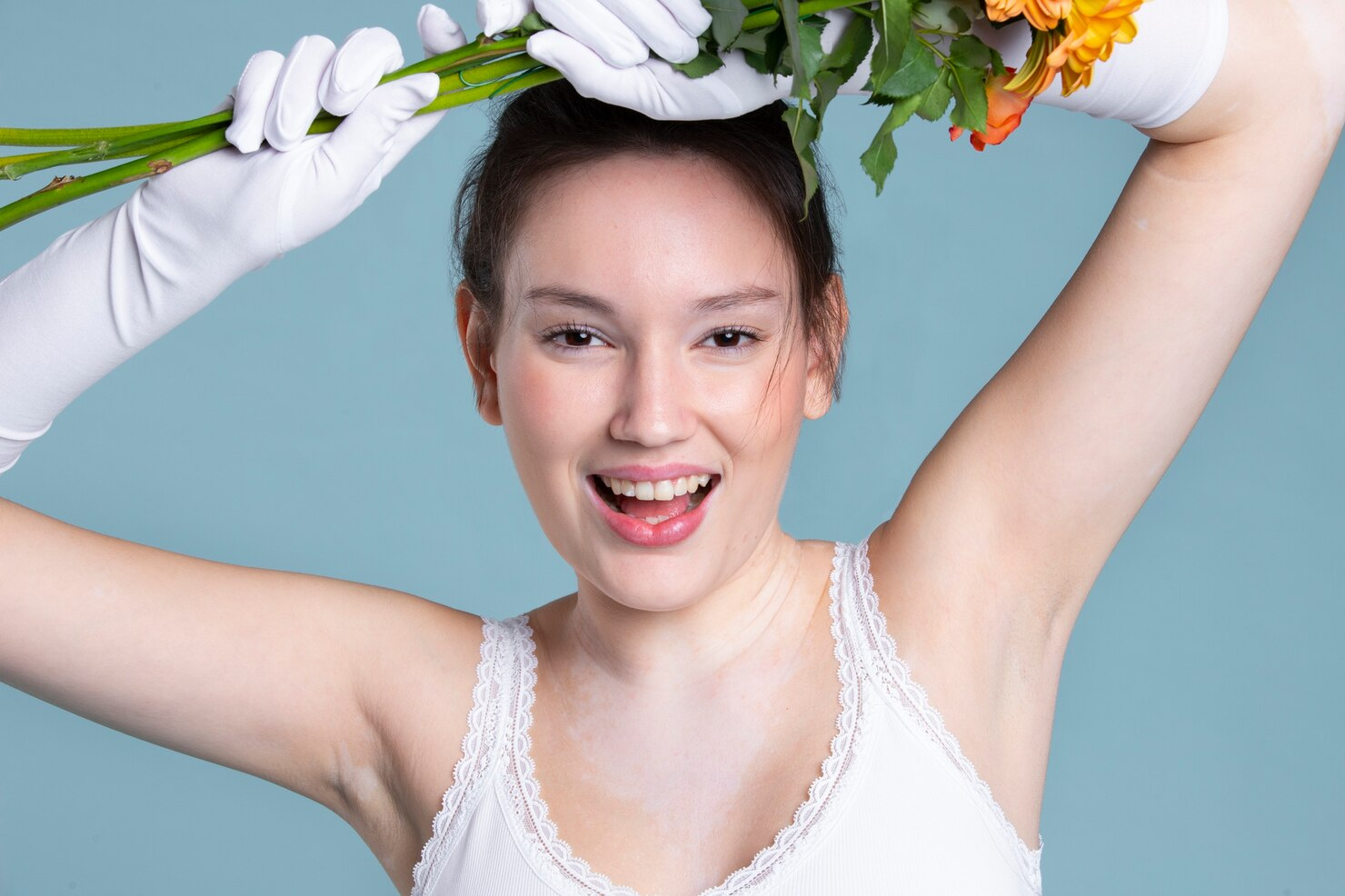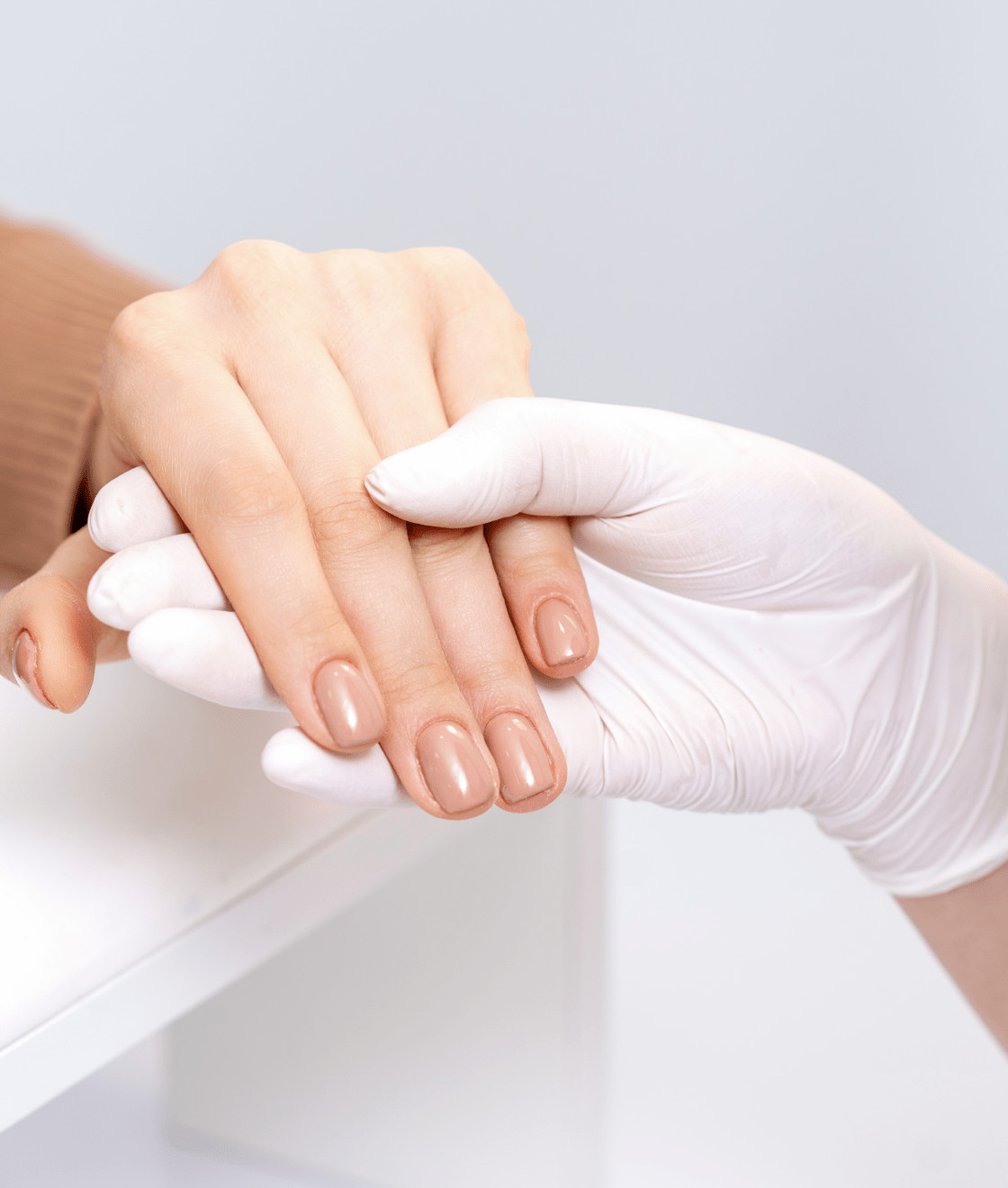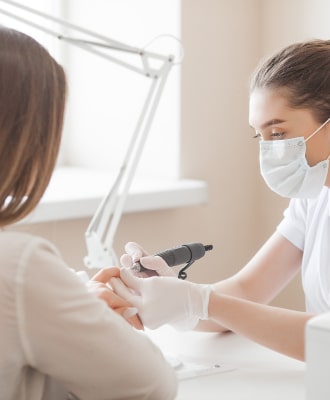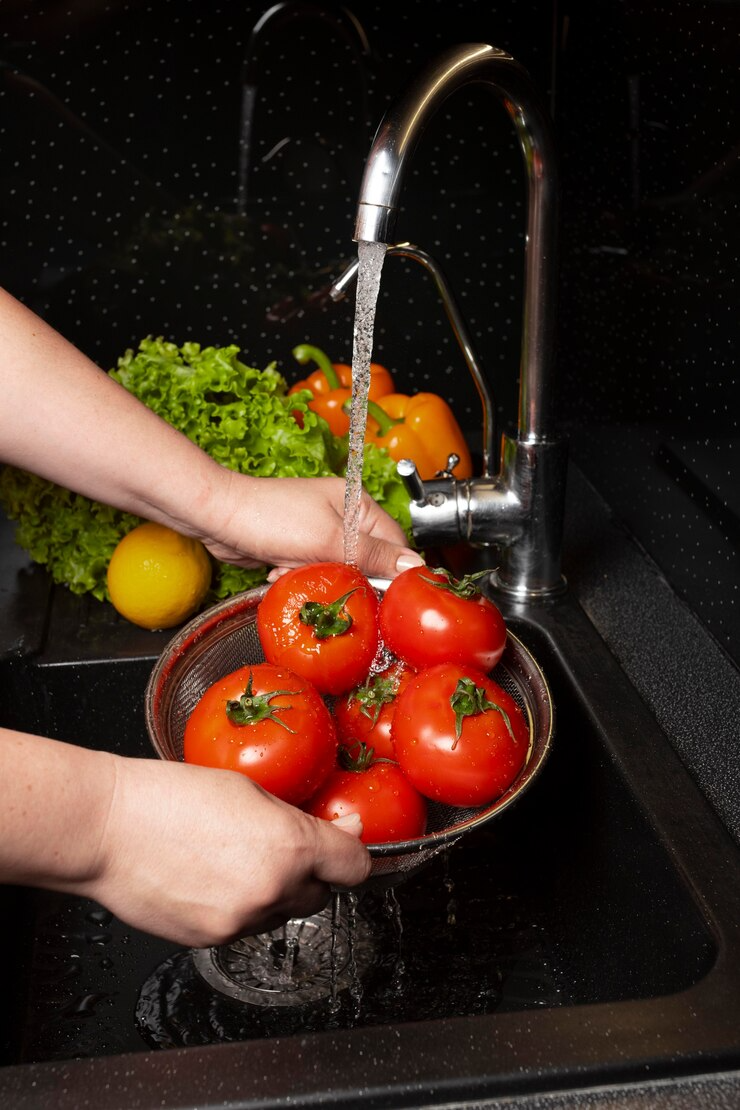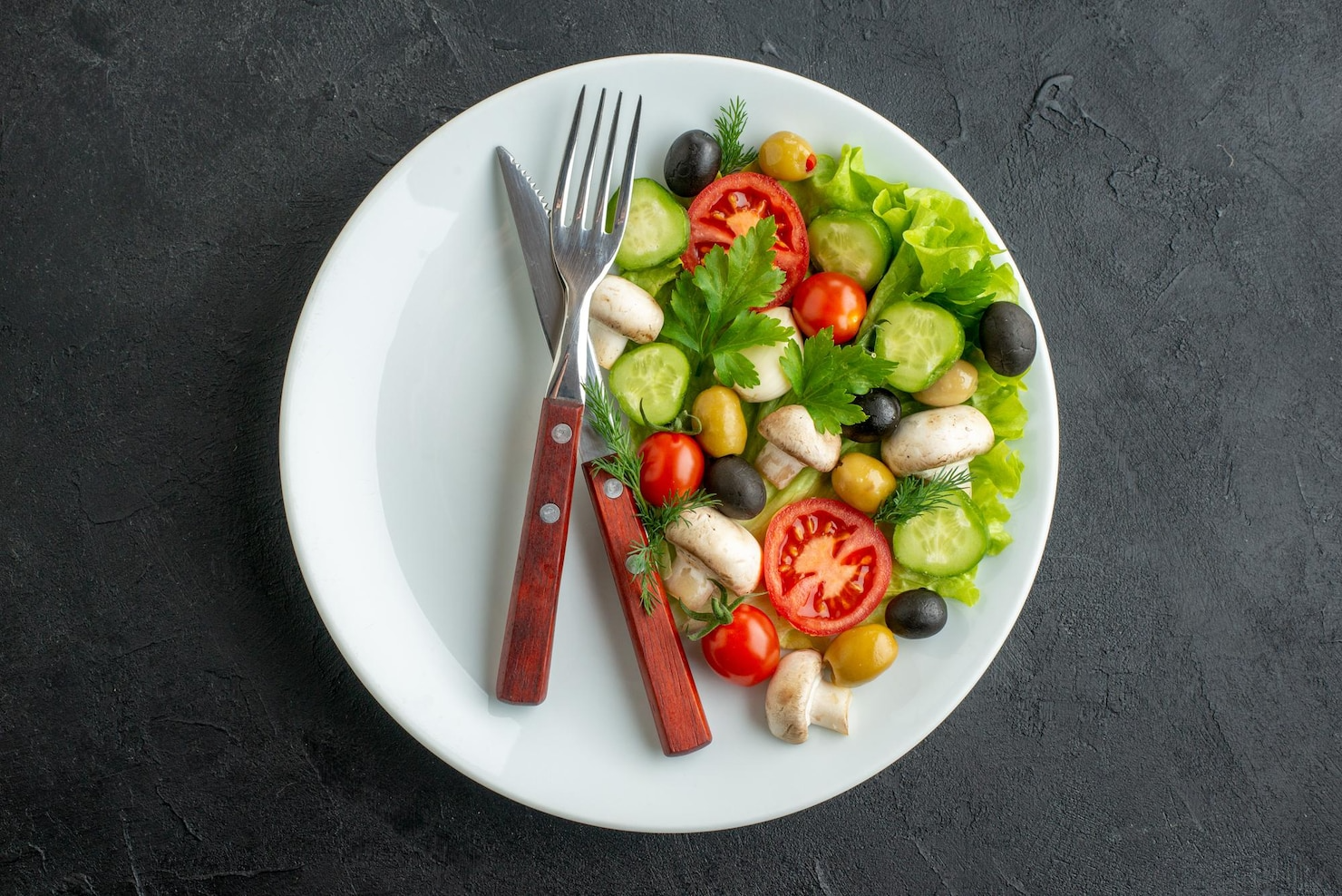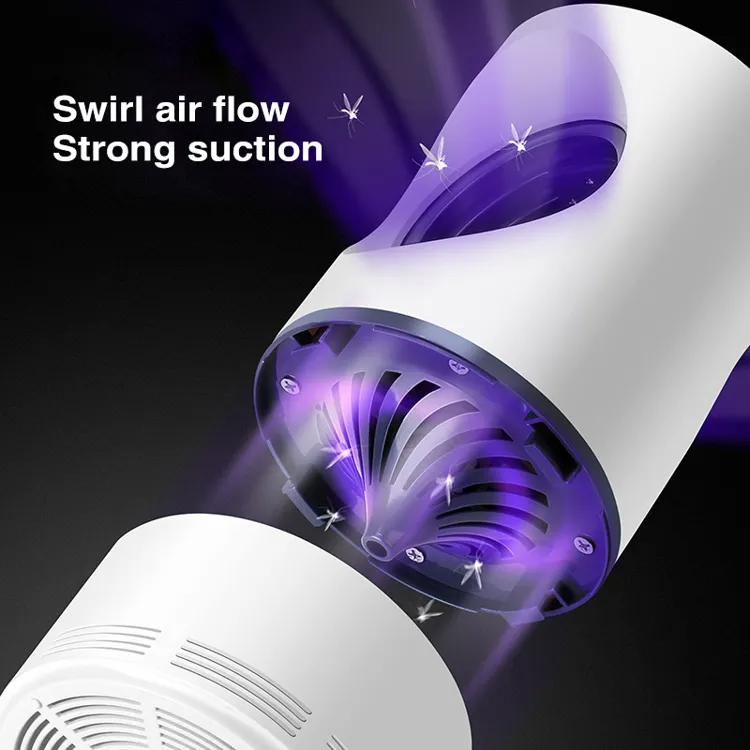It is electric and plugged in, I wouldn’t wash it. Maybe wiped with the unit is unplugged
FAQ
RECHARGEABLE ELECTRIC HIGH QUALITY INDOOR NONTOXIC INSECT KILLER
IS IT 240V
it just connects to usb outlets.
HOW DO YOU TURN IT ON?
Just plug into a USB port. No turn on/off button.
IS IT WATERPROOF? CAN I WASH OFF THE MOSQUITOS THAT ARE IN IT?
It is electric and plugged in, I wouldn’t wash it. Maybe wiped with the unit is unplugged
WILL IT ATTRACT FRUIT FLIES IN THE KITCHEN?
Yes, It caught all types of insects.
I DON’T SEE A SWITCH, HOW DO YOU TURN IT ON?
No switch, just plug the USB into the power block
it just connects to usb outlets.
Just plug into a USB port. No turn on/off button.
Yes, It caught all types of insects.
No switch, just plug the USB into the power block

